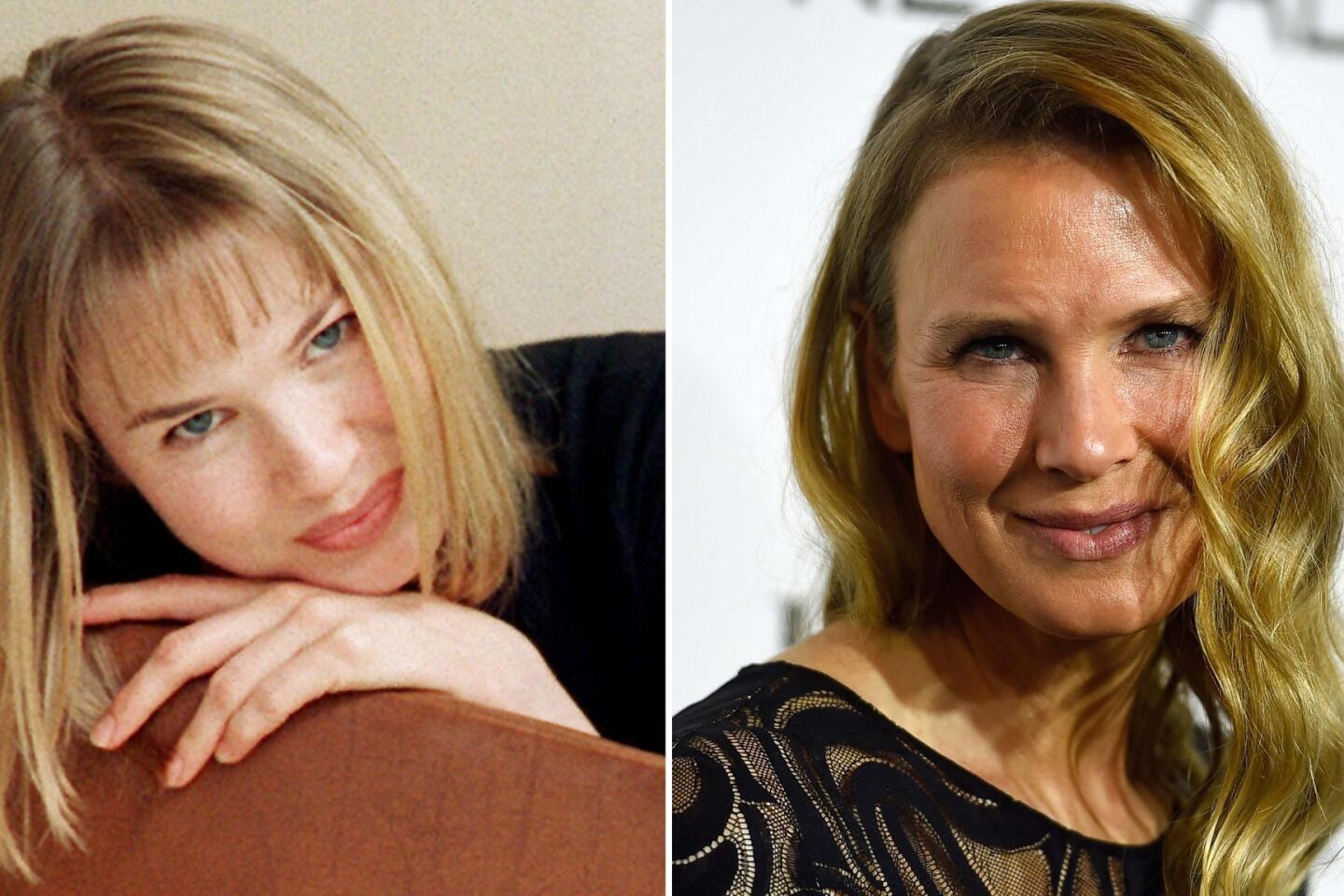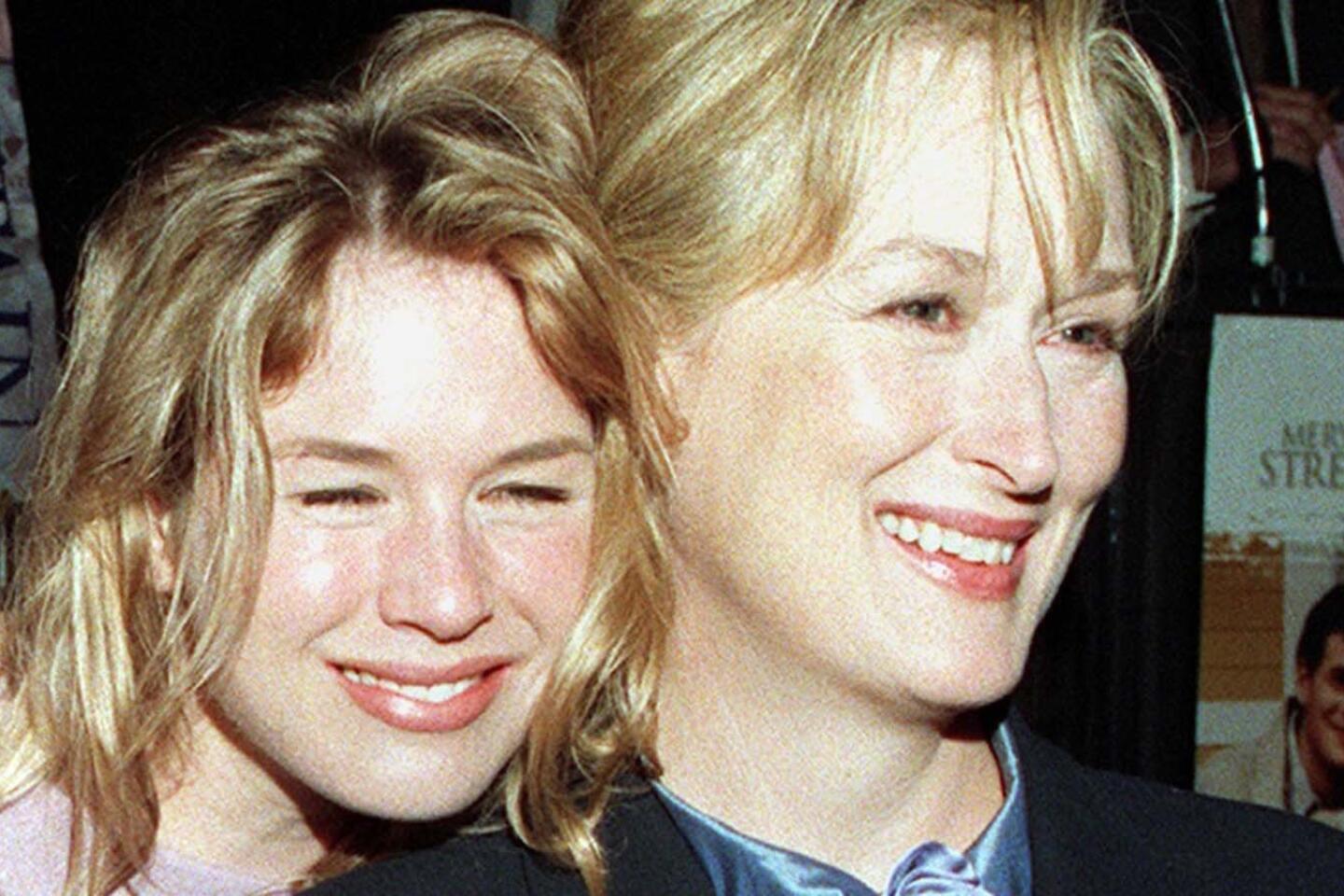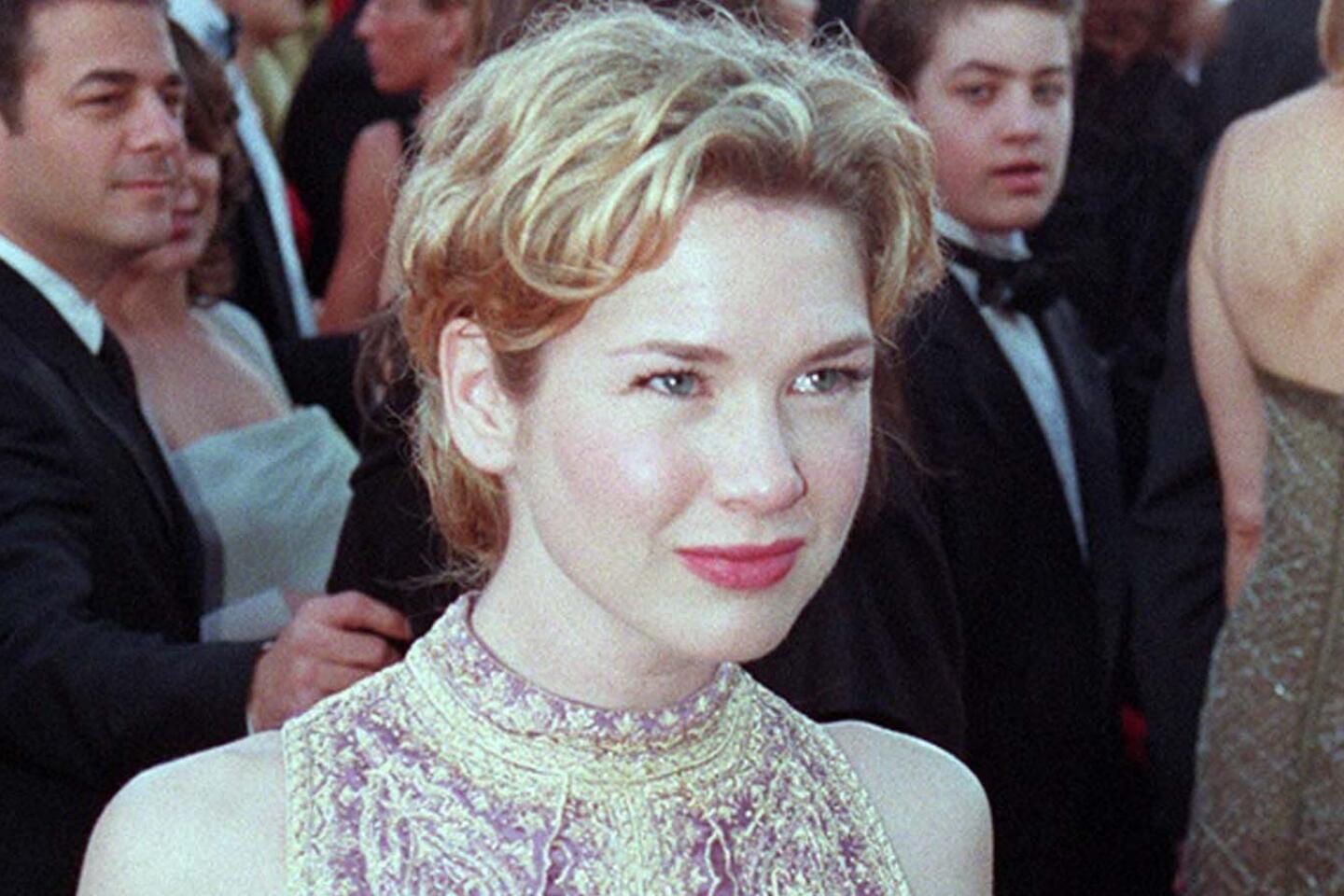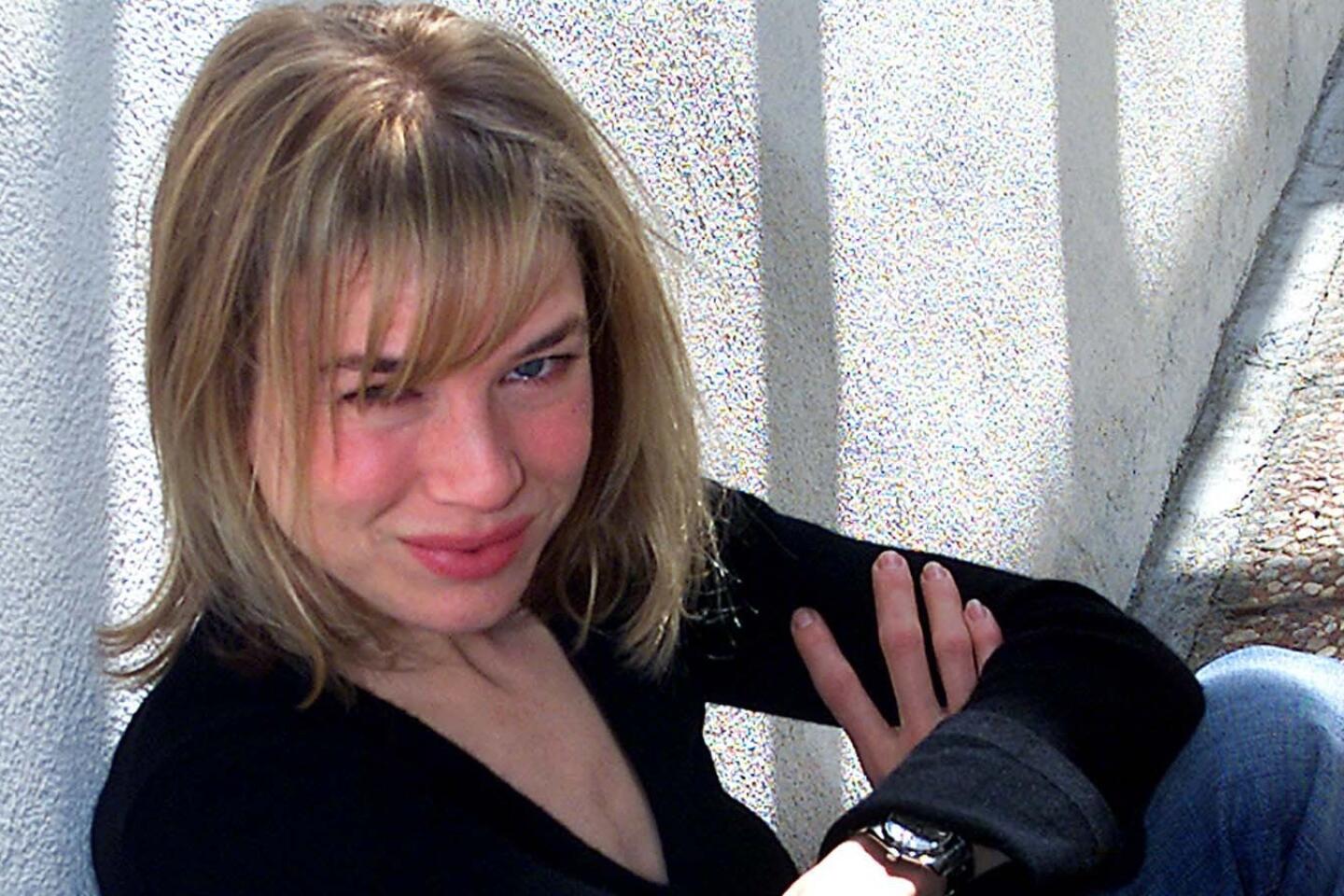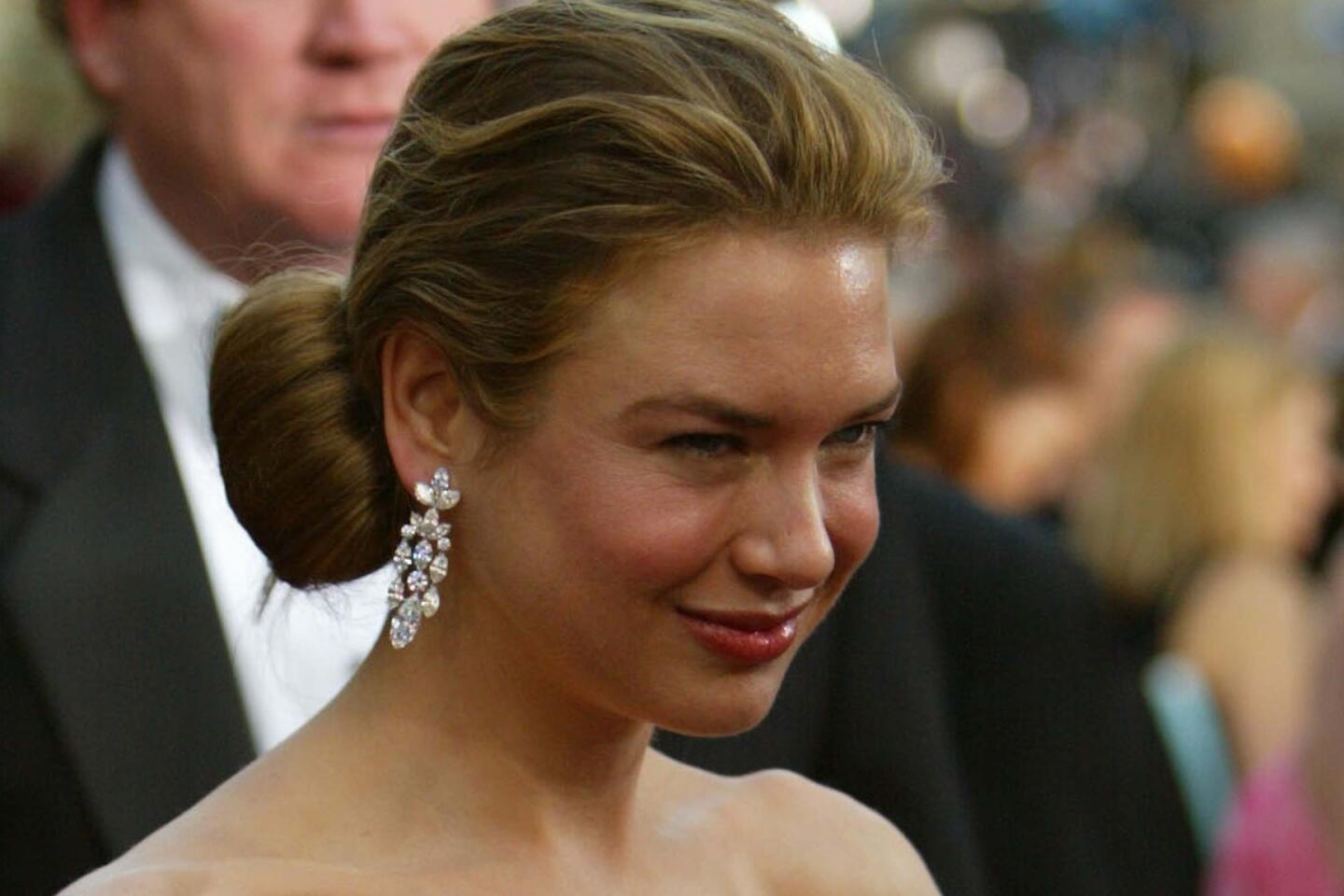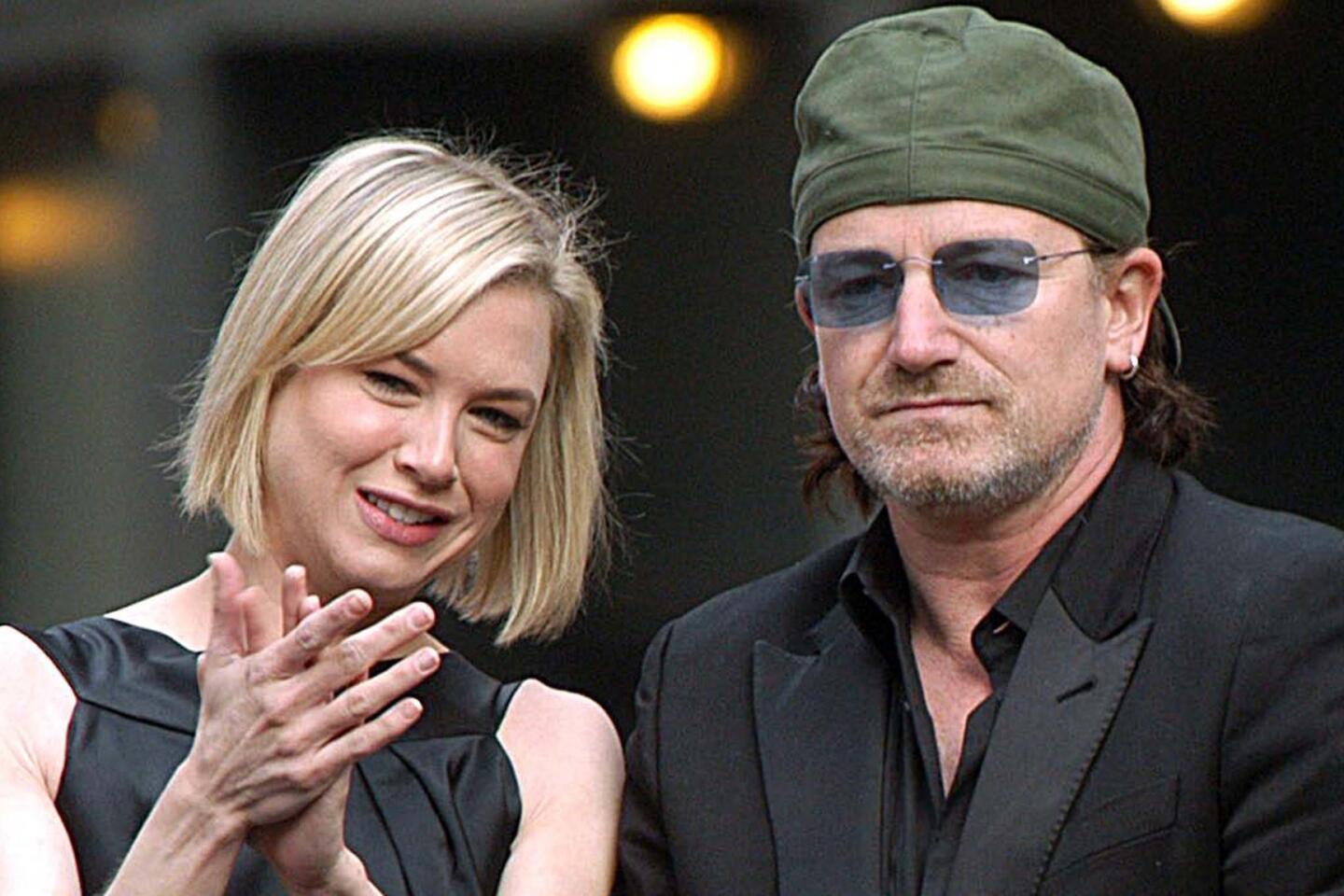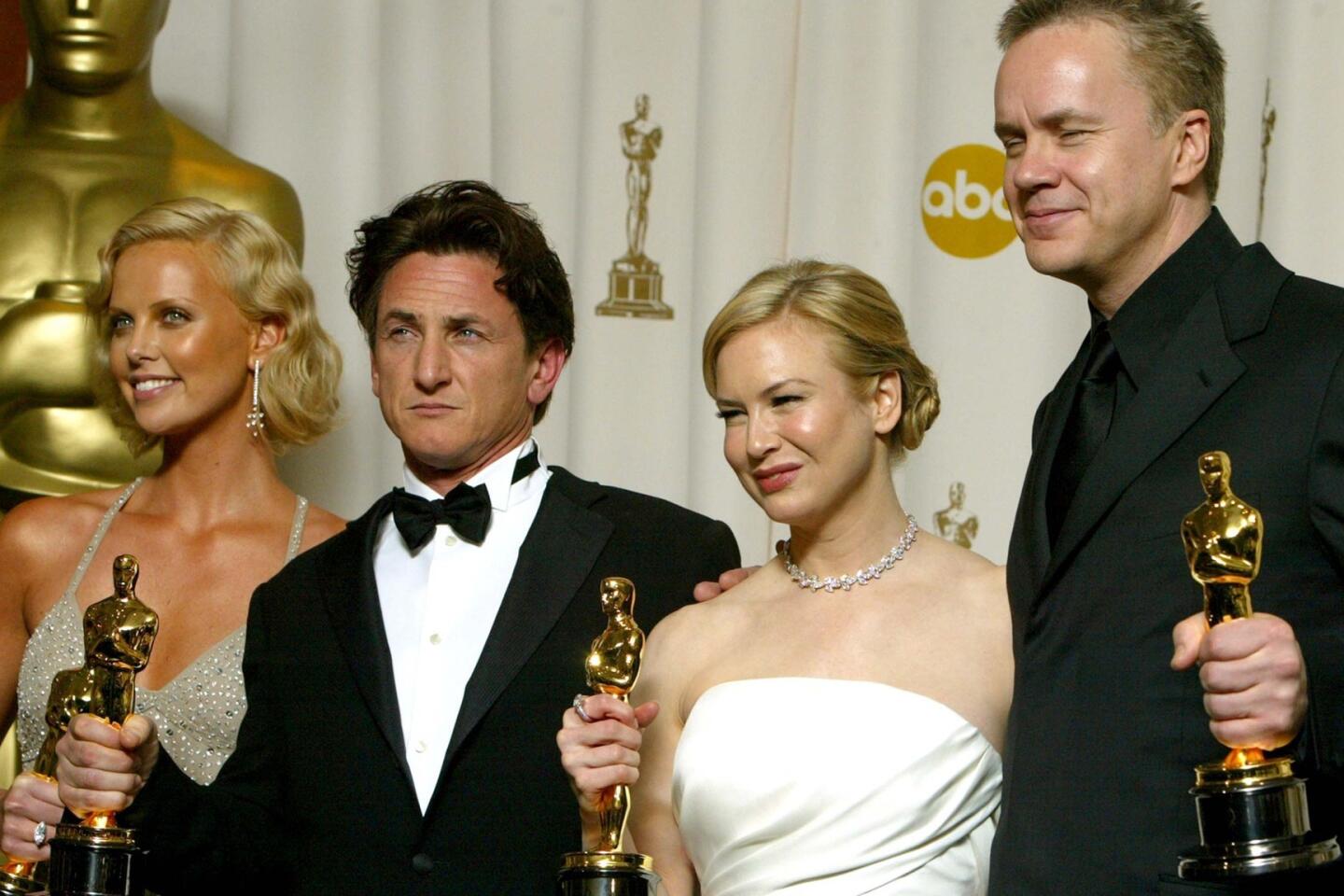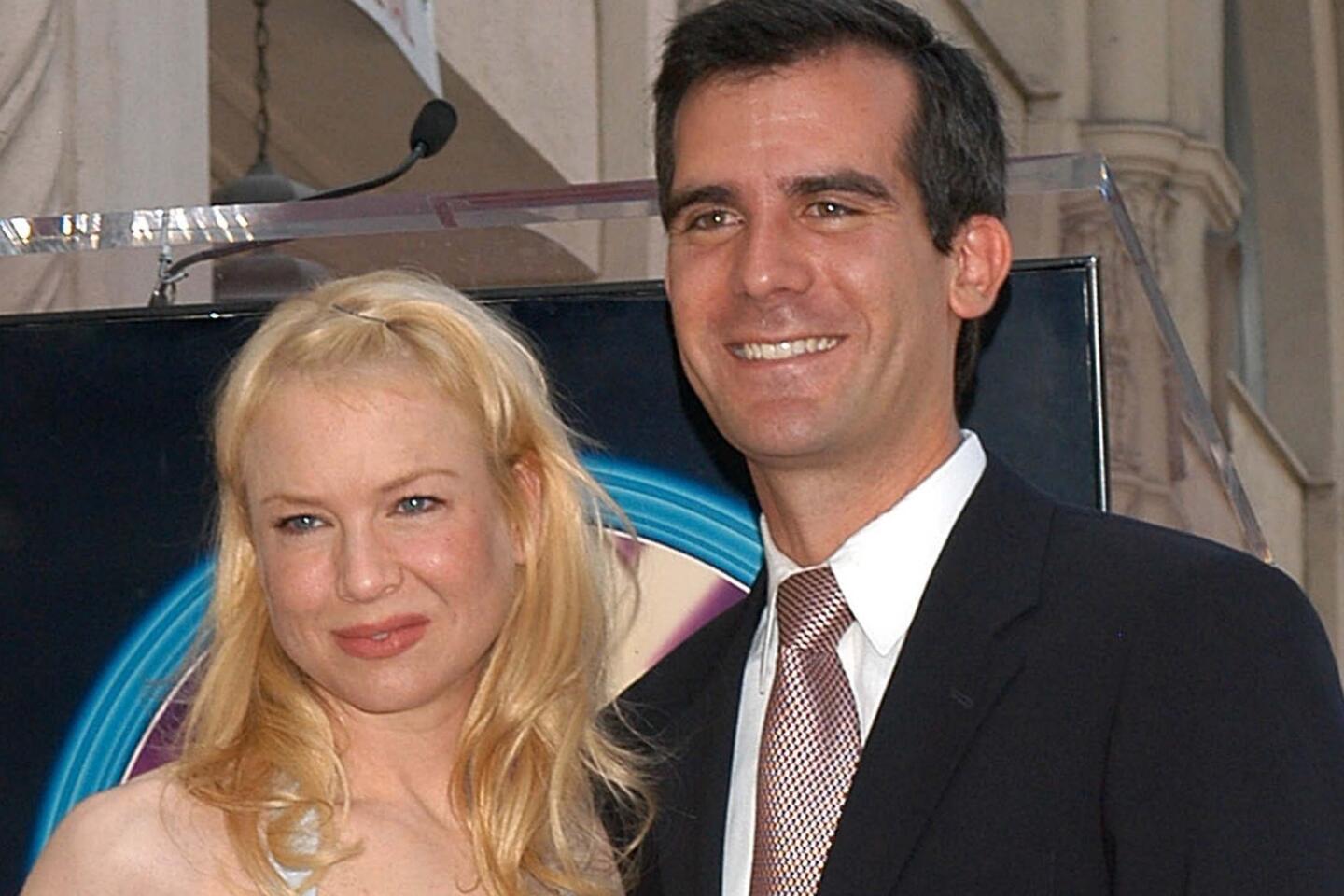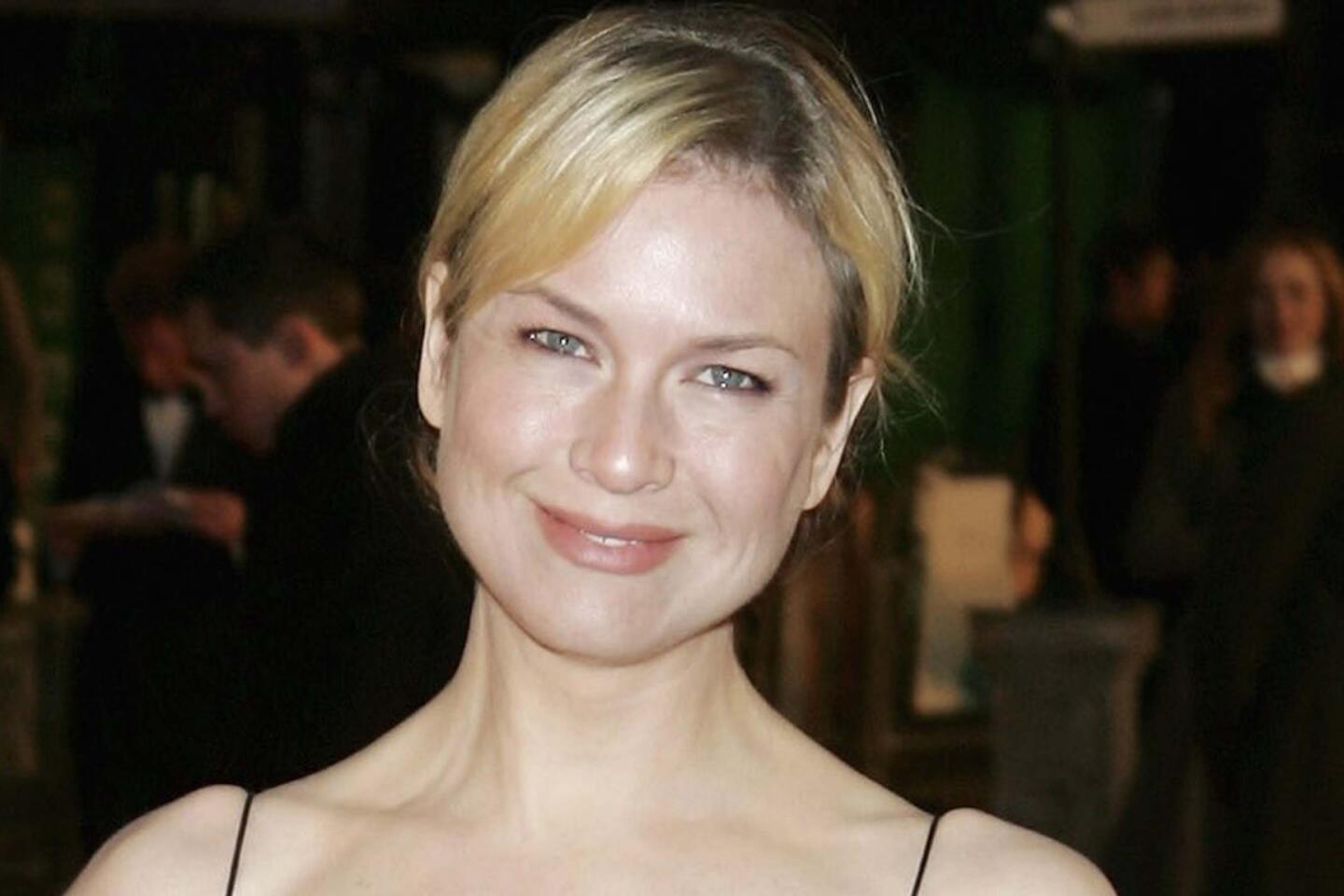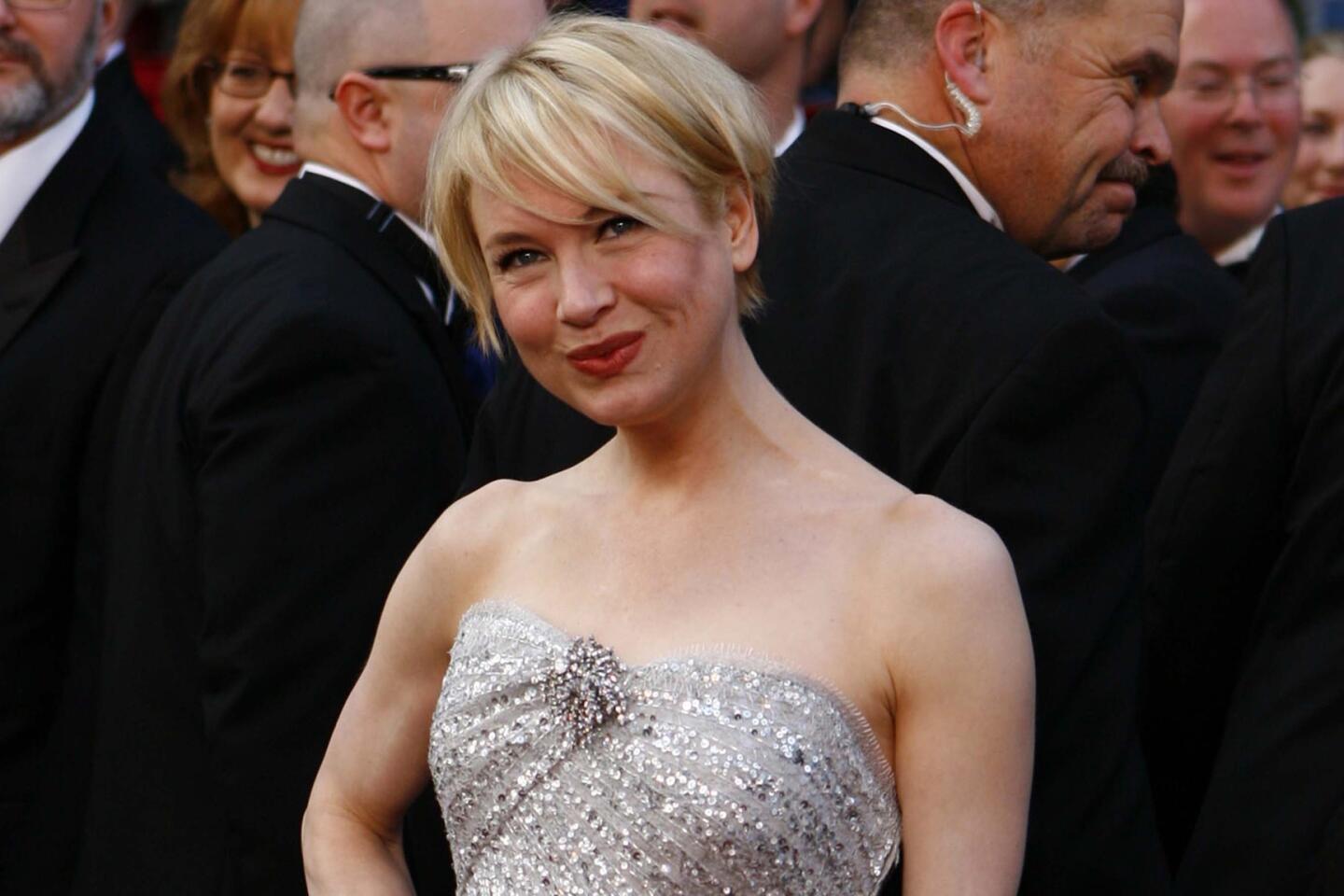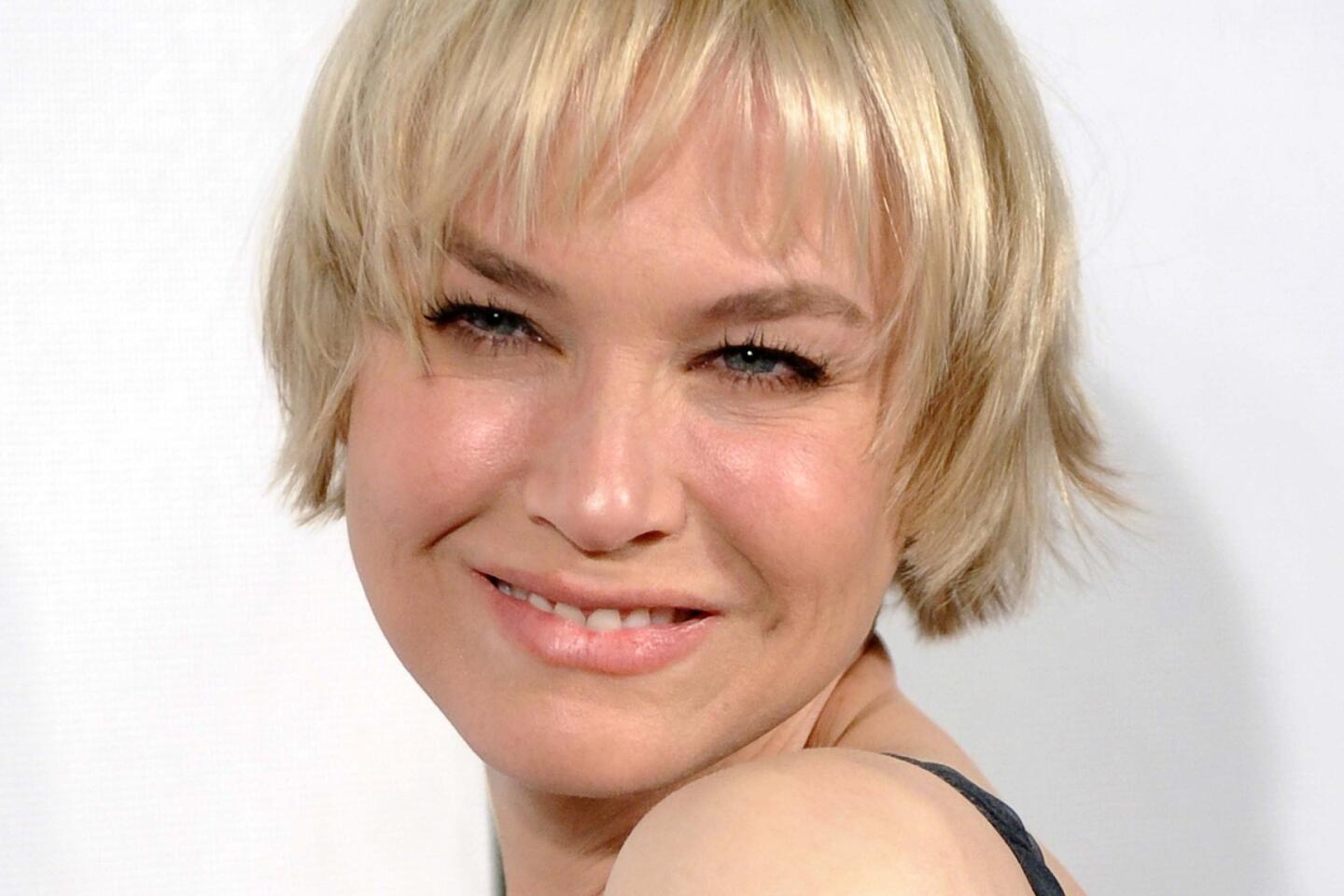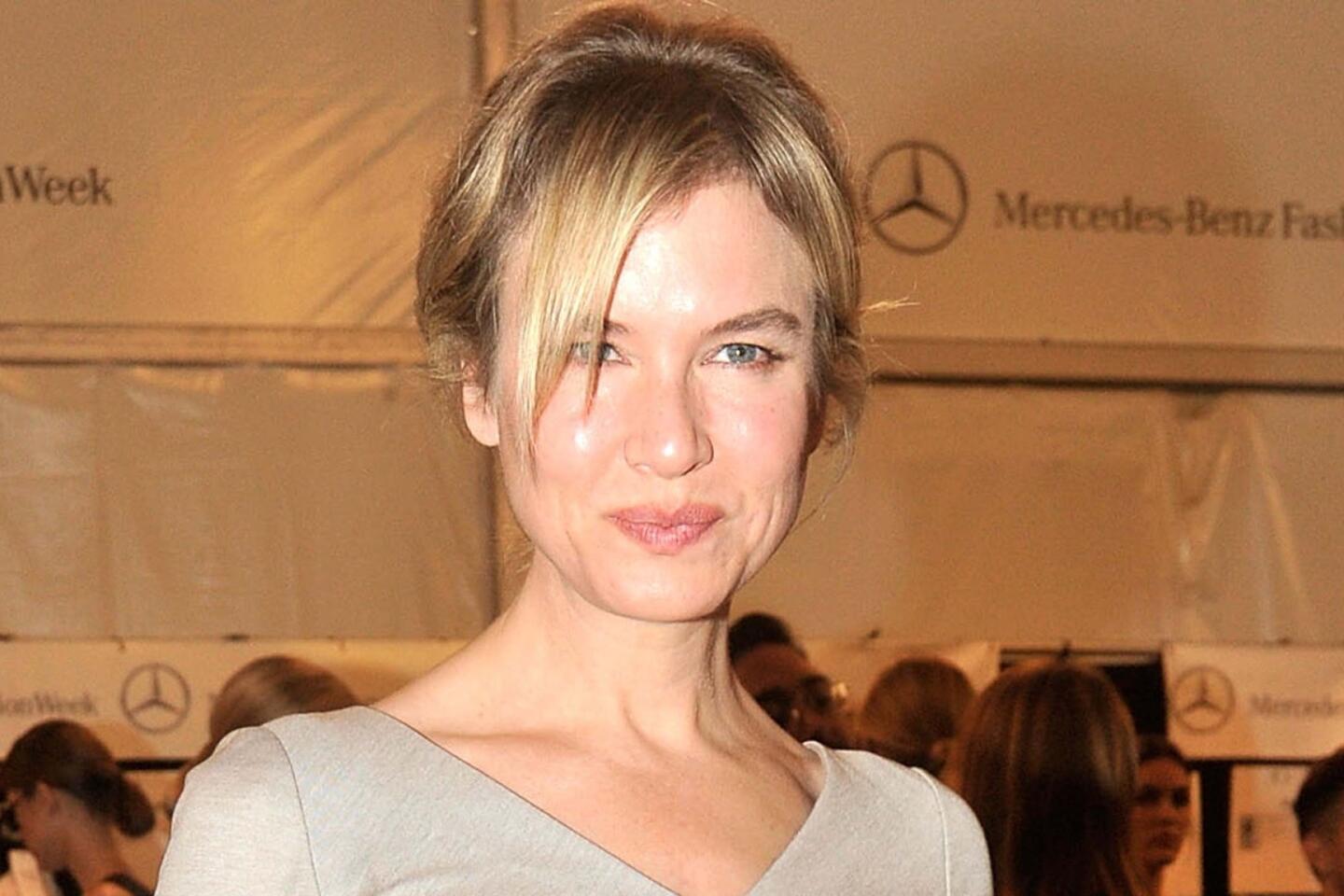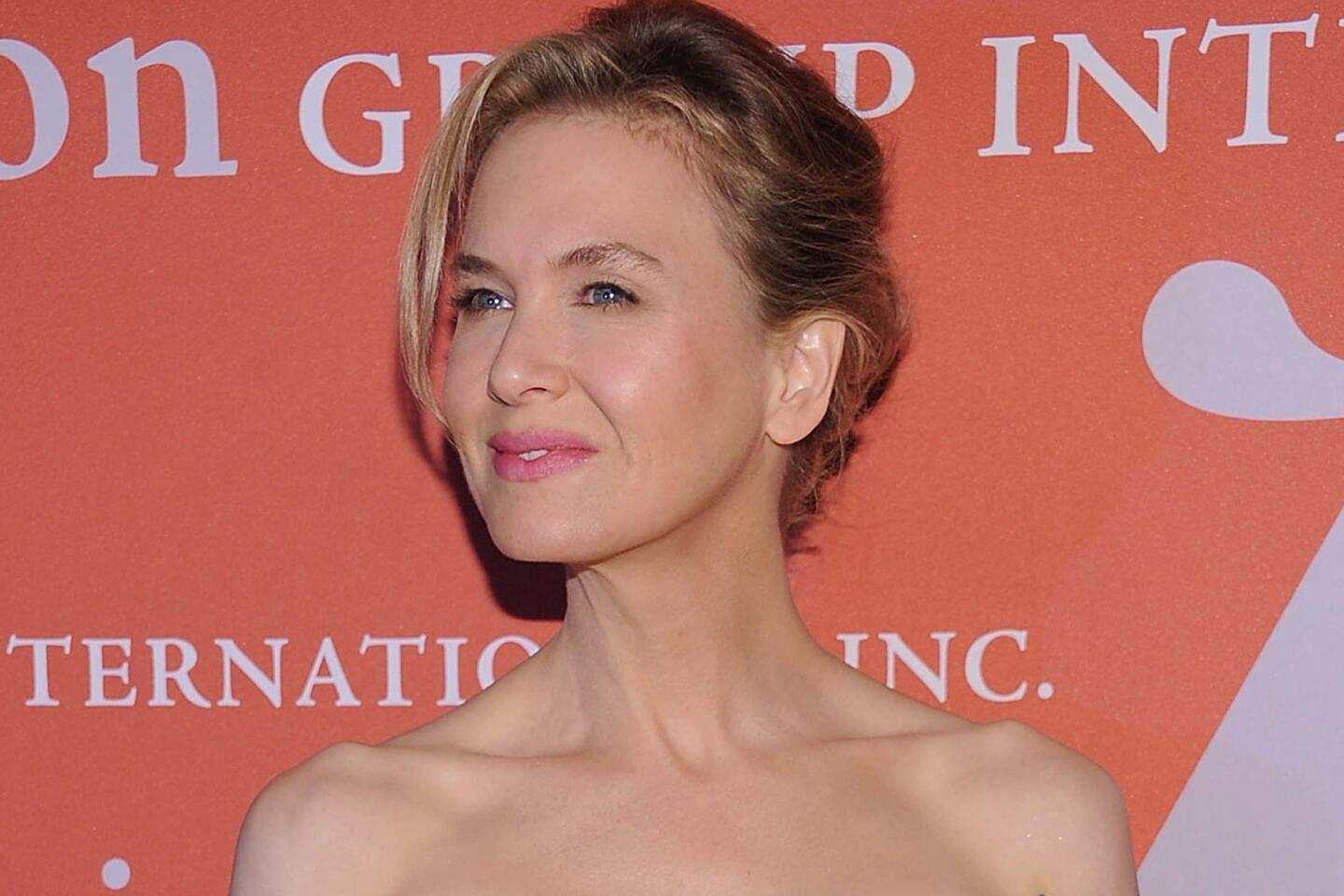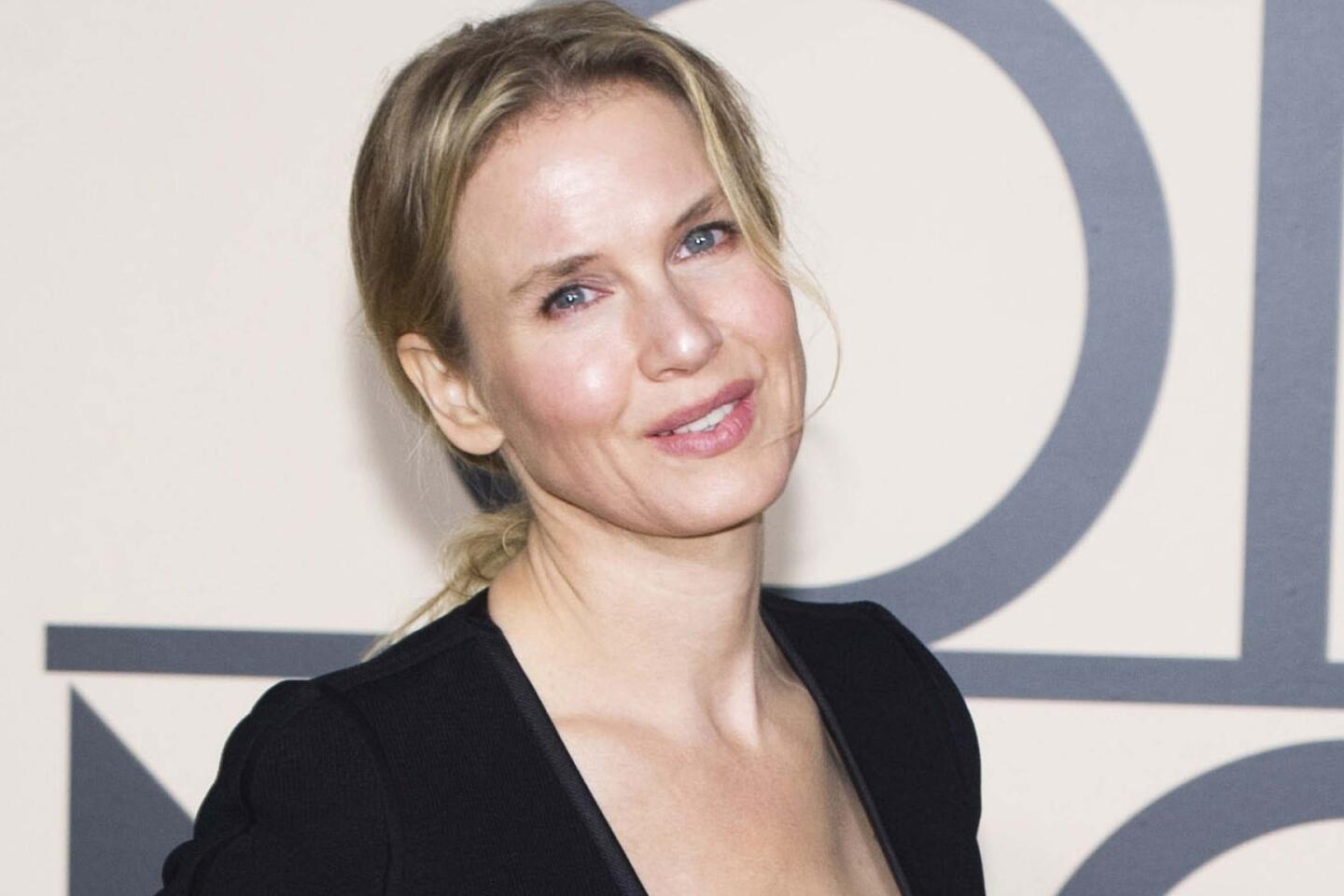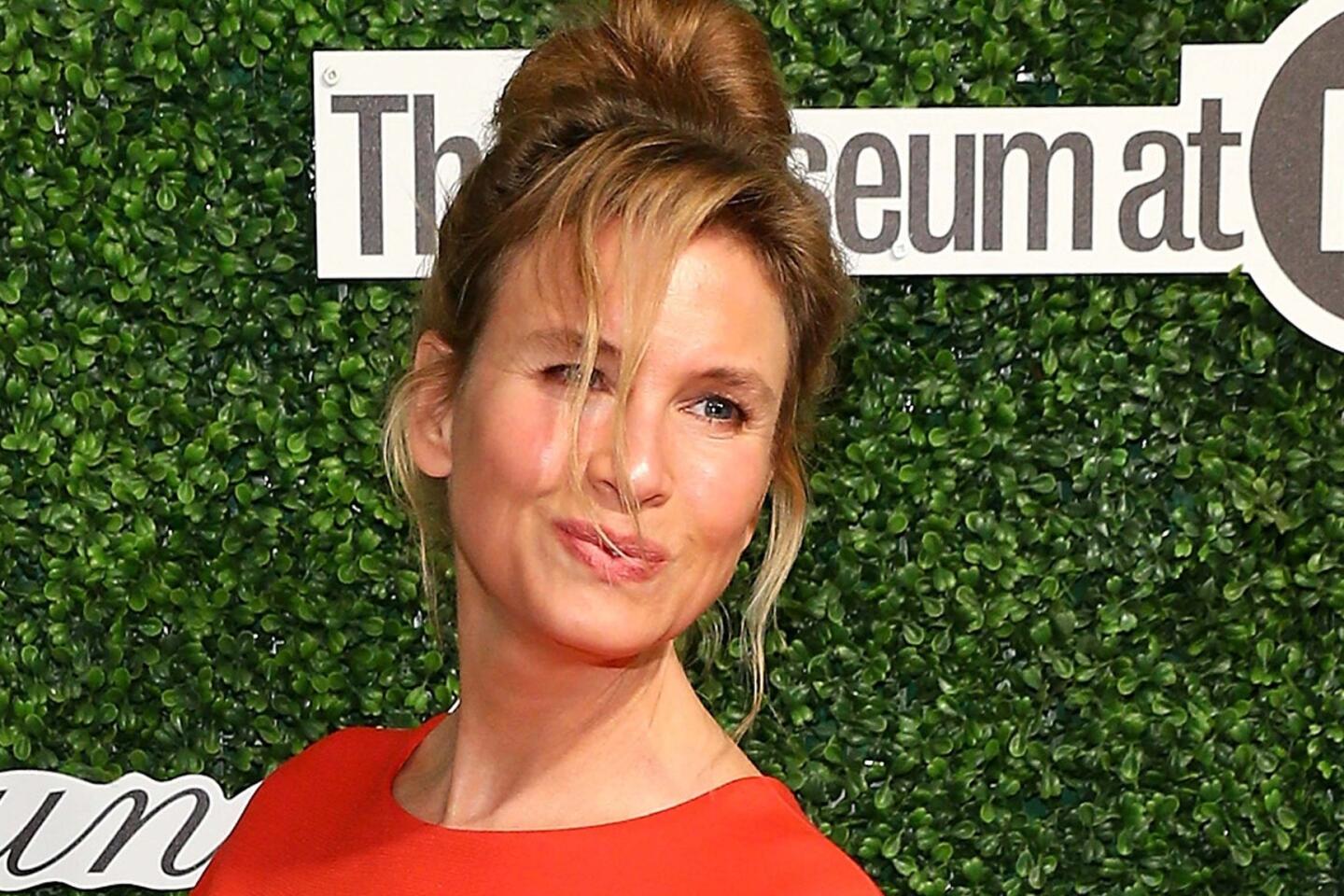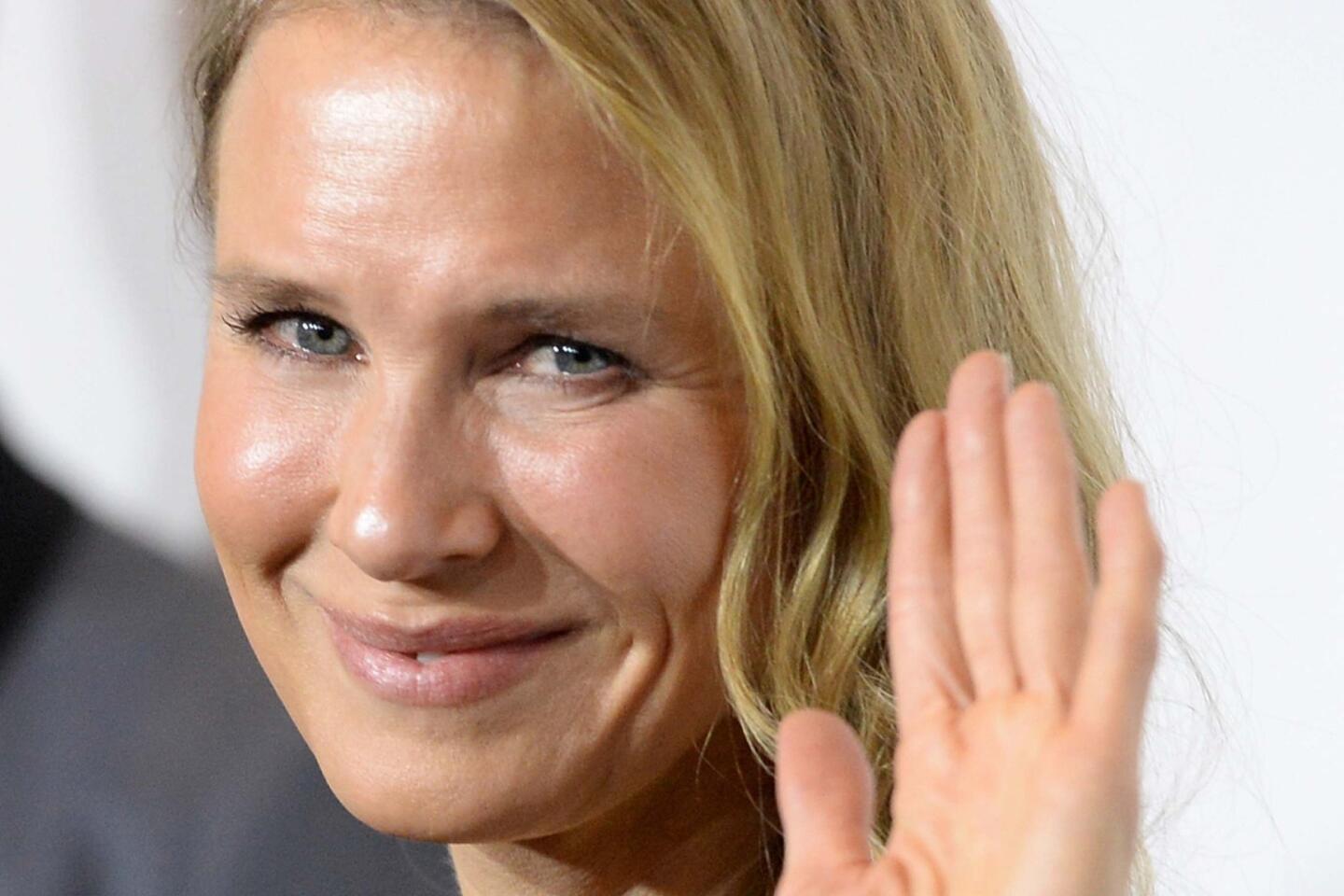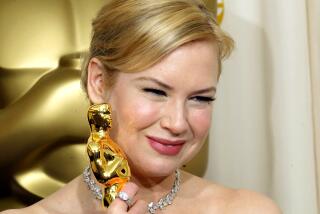What they are saying: Is defense of Renee Zellweger a shift in how we talk about women?
You may have heard of Renee Zellweger. She’s won an Oscar and starred in some of the biggest cult classics of the ‘90s and 2000s.
And for the last two weeks, she’s been in the news because she doesn’t look the same as she did when she was 26.
In Hollywood, getting older (and having the gall to show it) is an occupational hazard — at least for women. The images captured here, whether on-set or on the street by a paparazzo, ricochet around the world, which is just one reason why Los Angeles is a global capital for plastic surgery.
But judging from some of the reactions to Zellweger’s new look, we might be seeing a more respectful shift in how the public talks about women and the choices they make about their own appearances.
Southern California is home to some of the most beautiful people in the world, and two weeks ago, the most beautiful of the beautiful descended upon the Four Seasons Los Angeles in Beverly Hills for the Elle Women in Hollywood Awards. Kerry Washington was there, as was Jennifer Lawrence.
So was Zellweger, who, by normal standards, looked absolutely fantastic for being 45 years old. But she also looked much different from the way she did when she starred in movies such as “Jerry Maguire” and “Bridget Jones’s Diary.”
“Is that you, Renee Zellweger?” one headline read. “What Is Going on with Renee Zellweger’s Face?” read another. There were other snarky headlines too. (One Washington Post writer cruelly turned the star’s last name into a verb, to wit: “a Washington notable who had Zellwegered herself into unrecognizability.”)
But then came the overwhelming backlash — in Zellweger’s support. Much of the criticism was pointed at how ruthlessly Hollywood treats its aging stars, and, by extension, how brutally America treats women’s appearances in general.
“Your body must meet certain standards,” the bestselling author Jennifer Weiner chimed in at the New York Times’ Room for Debate blog. “You have to be young, fit, free of sag, flab, flop, chub, droop, stretch marks, tan lines, gray hairs and wrinkles. Your body must be, essentially, an anatomical impossibility.”
BuzzFeed’s Anne Helen Petersen, who just published a book on the scandals of classic Hollywood, noted that unequal treatment existed even among Hollywood stars. The big sin isn’t just getting older, but also trying too hard to look good while getting older.
“It’s not that women shouldn’t get plastic surgery; it’s that they should make every effort for that surgery to be invisible, seamless, unnoticeable,” Peterson wrote. “Good plastic surgery is OK, but ‘bad’ plastic surgery — surgery that makes itself visible — now that’s abject.” (In a statement, Zellweger didn’t mention plastic surgery and attributed her new look to living “a different, happy, more fulfilling life.”)
Peterson adds, “The most flattering form of praise for a longtime female star isn’t ‘Look at their varied and complex career!’ but ‘[insert star here] doesn’t age!’”
The defenses of Zellweger weren’t without caveats; some feminist critics wondered why black celebrities who had gotten criticized for having work done did not get the same support as Zellweger.
The humor writer Luvvie Ajayi wondered: “Does it make me a bad feminist to say, ‘hey, I liked your old face. I wish you kept it’? If it does, then oh well. If feminism means we cannot challenge the choices other women make, then I pretty much suck at it.”
In either case, Zellweger’s career hasn’t ended. She just got cast in a movie; it’s called “Same Kind of Different as Me.”
More to Read
Sign up for Essential California
The most important California stories and recommendations in your inbox every morning.
You may occasionally receive promotional content from the Los Angeles Times.
